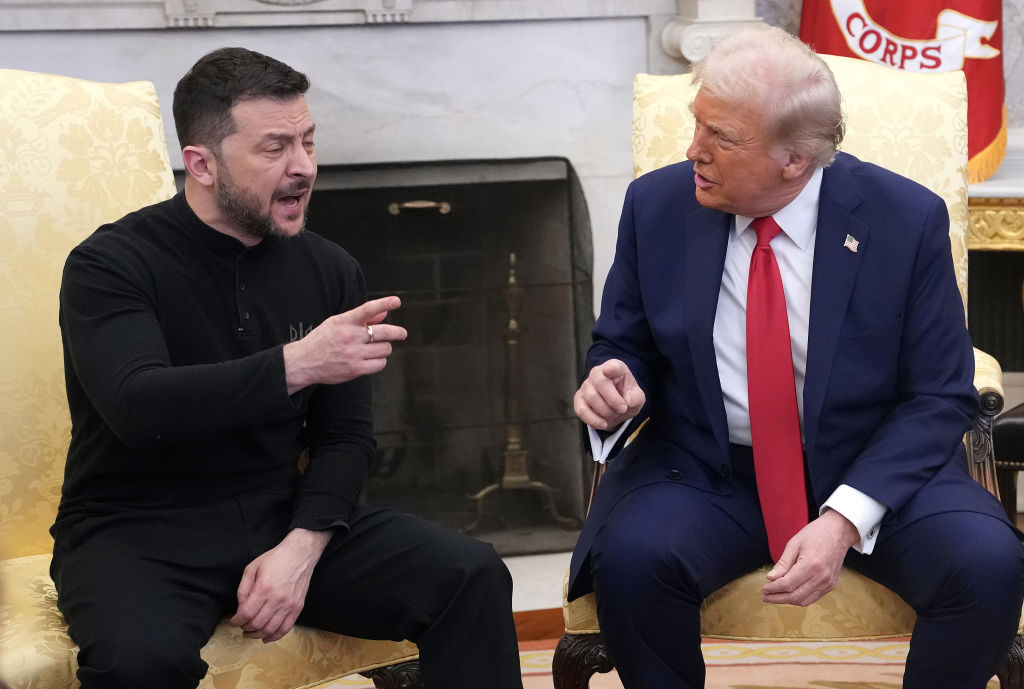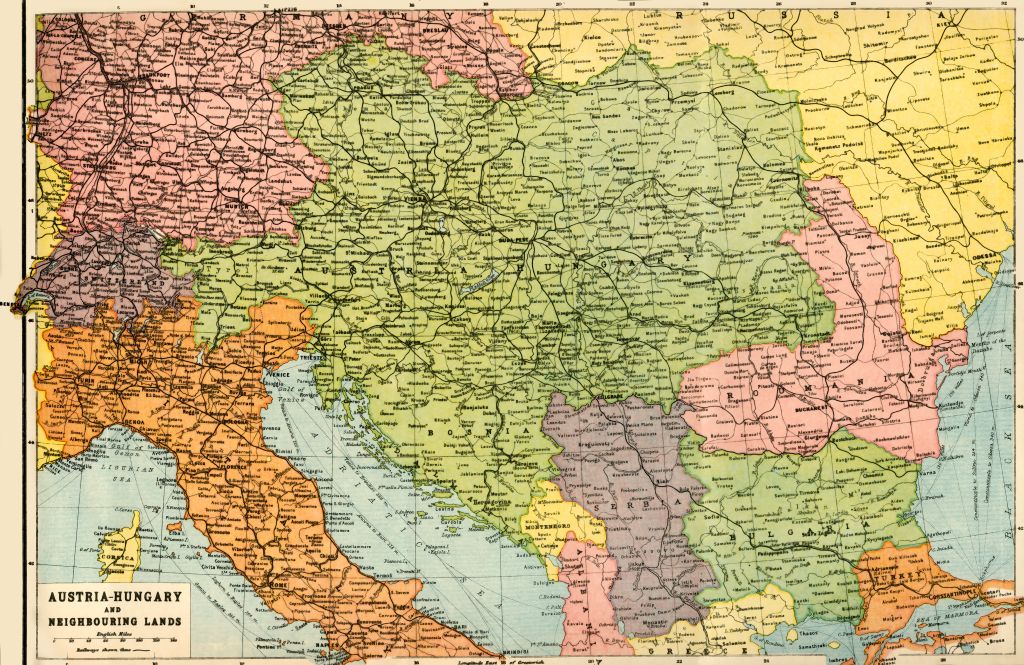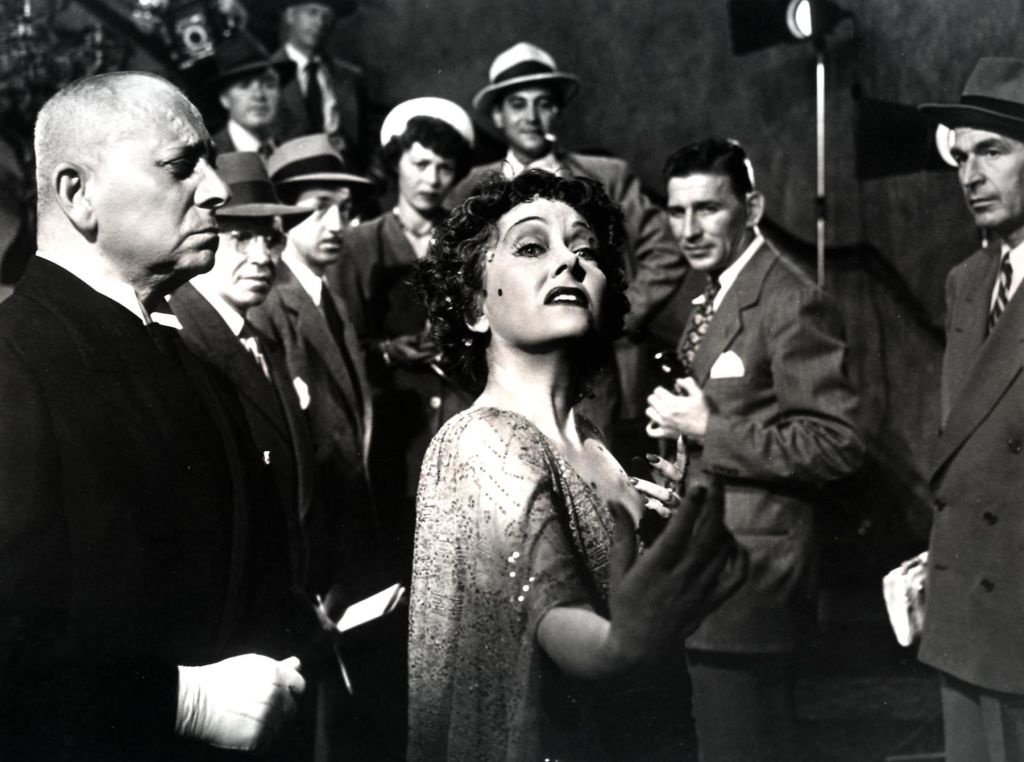This week marks the latest NATO summit. Hosted by The Hague, it will see the leaders of all 32 NATO member states – plus New Zealand, Ukraine, and the European Union – come together for a series of meetings and discussions and, as the main event, agreeing on a military spending goal of 5 per cent of GDP for all members. Now of course, the agreement has enough holes to drive a truck through. Of that spending, 1.5 per cent can be simply related to defence, it’s unclear when all members will meet that target, and Spain already has secured itself an opt-out entirely. However, it is still a victory for President Donald Trump, without whom the pledge would not even be discussed.
Which underlines something particularly notable about the summit: Europe is “there” in the sense that they will be physically present, and it will be on European territory (the Netherlands are hosting), but Europe is not “there” in any real sense. In fact, even beyond NATO, an undisputable, startling and – historically – shocking fact is emerging: When it comes to hard power or even soft power (modern Europe’s favourite kind of power), Europe is completely and utterly nowhere to be found.
For starters, look at the format of the summit itself. The entire summit is being designed around Trump’s demand for a five per cent spending goal, with one official saying “He has to get credit for the 5 per cent – that’s why we’re having the summit.” It is not designed around Ukraine, which is expecting to go home virtually empty-handed, after years of European promises of giving them what they need. Why? Because it’s not Trump’s priority.
Europe did not have to become so irrelevant. After all, the world is now multipolar, meaning that instead of just American hegemony, or a bipolar US-Soviet split, multiple powers are going to be competing. But when analysts list the multiple “poles,” they usually list three: America, China, and Russia. But Europe – which once ran the world – is nowhere on the list. Why is that?
Mainly because of Europe’s choices. For starters, who they have chosen to lead at the European Union level.
The individuals they have selected to serve as their public faces and formal leaders are also problematic. For a long time, being a “European Union official” has been seen as failing upward, and with their current crop, it is not hard to see why. Look at the top three officials. Commission President Ursula von der Leyen was a failed defence minister who got her job because Emmanuel Macron and Angela Merkel thought she wouldn’t cause trouble. European Council President Antonio Costa? A former Portuguese prime minister who was forced out of office after a corruption scandal. And Kaja Kallas, who serves as the High Representative of the Union for Foreign Affairs and Security Policy – as close to “Foreign Minister” as the European Union can get – was not forced out of office after a scandal. But a scandal had clipped her wings: Her husband was found to be doing business in Russia with a company she had given hundreds of thousands of euros to. She claimed that she never asked what the company was doing, which was either a lie or a statement that forced questions over her financial aptitude. Her party’s polls collapsed, and she was set to lose Estonia’s next elections, until she was picked to head to Brussels.
It is Kallas’ appointment which highlights the next issue: Brussels’ myopic focus on Russia. The union has now passed 17 sanctions packages on Russia, and devotes the entirety of its foreign policy to focusing on the East. Kallas has treated her new job like her old one. An Estonian prime minister understandably must focus on Russia. But the EU’s foreign minister equivalent has to have some more diplomatic savy. Kallas has instead stumbled from one verbal snafu to the next. Just recently she criticised Ireland over their neutrality, saying they have no understanding of “atrocities, mass deportations, suppression of culture and language.” Which is not only ignorant – Ireland fought a war for independence from an empire within living memory – but incredibly unwise, as Ireland is a country she needs to work with to secure unanimity on key issues. During a visit to Azerbaijan – a Western ally, but a dictatorship which just took land from Armenians – Kallas had nothing but nice words for the country. Which is good on a realpolitik level, but renders her a hypocrite when criticising Putin’s dictatorship.
The problem for Brussels is that this total focus on Russia has come absent a grander multipolar strategy. Their relationship with China is so-so; there is an upcoming EU-Chinese summit in July, but Europe is still not willing to be truly friendly with China (for understandable reasons). But their relationship with America, led by an increasingly Europe-sceptical Trump, is likewise so-so. If the world is multipolar, and your relations with one pole is bad and relations with the other two are so-so, you’re not playing the game all that well.
Which brings us back to the first and, ultimately, final issue: Defence spending. Europe is in this pickle because it does not want to take power projection seriously. It has long valued soft power, but soft power only works if you pledge to be truly neutral (which Europe is not doing) or can back it up with hard power. And as Europe has increasingly become less neutral (watch as countries like Sweden, which once had immense soft power, slowly lose it over the coming decades), they have not really spent more on defence to back it up. Promises thus far have been mirrors and smoke – time will tell if their 5 per cent spending promise is something more concrete.
But, of course, they do not have much time. The multipolar world is already upon us. Europe can get serious or become a place the other poles fight over. It’s as simple as that.





Interrogation, arrest, prosecution: Free speech does not exist in Europe